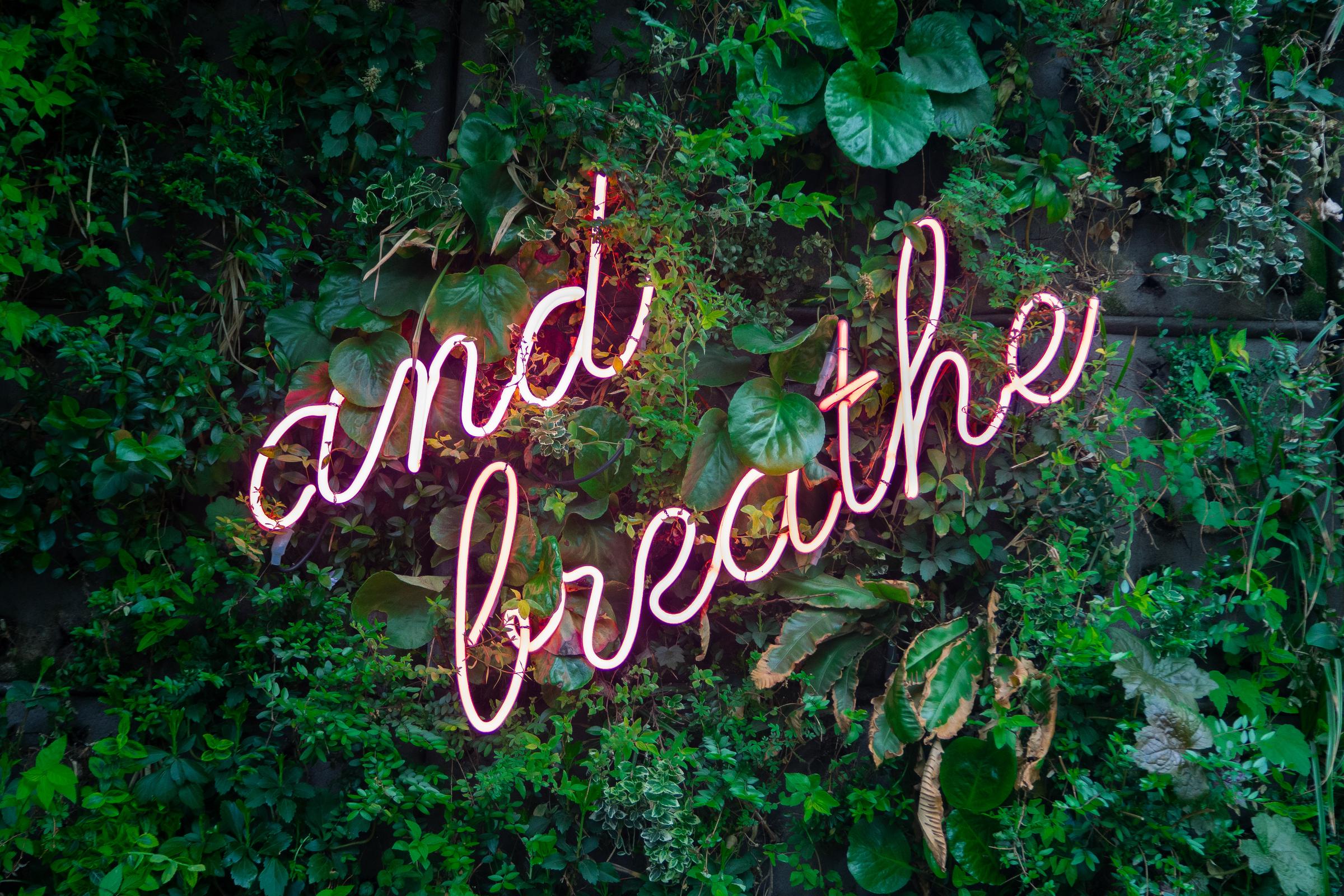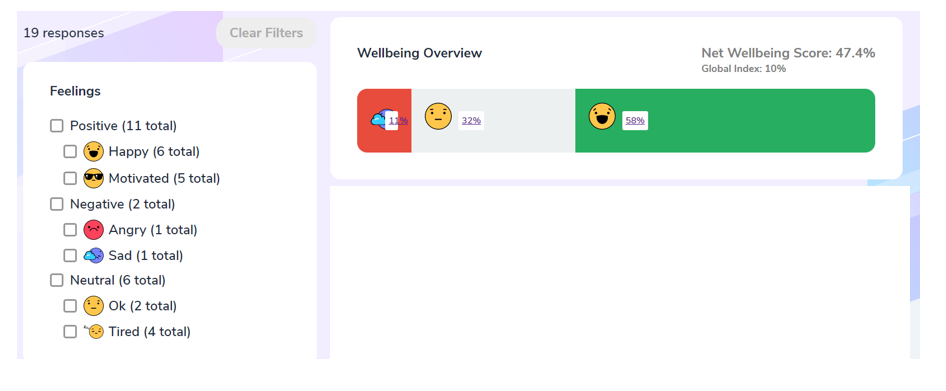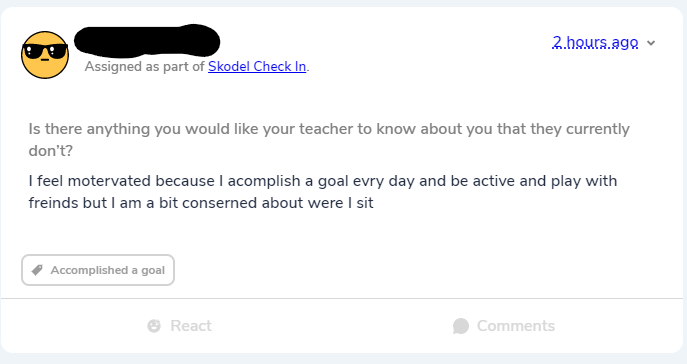Wellbeing
SWPBS, Kimochis, RRRR

Wellbeing
SWPBS, Kimochis, RRRR


Congratulations to the students who achieved their individual value card goal last week!


Telling vs Dobbing
With our Excellence Upstander goal, we've been doing some work clarifying the difference between telling and dobbing. Students should use the No-Go-Tell process when they see problem behaviour. Telling is brave while dobbing can frustrate and embarrass your friends and classmates without need.
Telling is...
Dobbing is...
This is a complex idea and sometimes we get it wrong! We found the Bluey episode Swim School really helpful: https://www.bluey.tv/watch/season-2/swim-school/ Why not watch it together at home and have a chat about it?
The school is trialling a new Wellbeing check-in program called Skodel. Students log in and can select an emotion they're feeling, say what's causing it and leave a message for their teacher (about anything they'd like). It is a helpful tool which allows teachers to identify kids needing a little support, as well as a great forum for students to share problems or good news they otherwise might not.
Here is Grade 3-4's first check in summary data as an example.


Here is an example from another classroom of a message left for the teacher. As you can see, some very helpful information.

